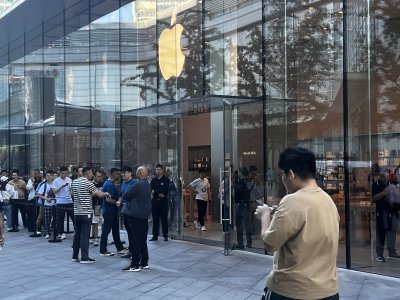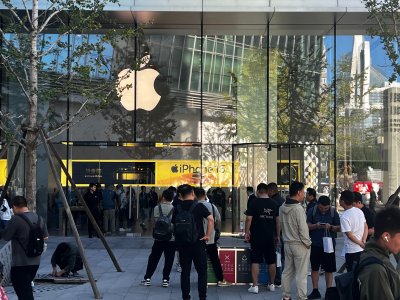Hitman
Test Debutant
- Joined
- Feb 25, 2013
- Runs
- 14,559
Apple Inc. is looking to India to help boost production outside China, people involved in these discussions told the Wall Street Journal this week, citing strict Covid-19 norms in China that are affecting the company's ability to meet demand for its products. By some estimates Chinese manufacturers account for over 90 per cent of iPhones, iPads and MacBook Air laptops.
Analysts also told WSJ Apple looking to reduce dependence on China is an expression of the risks it faces given Beijing's 'authoritarian Communist government' and its clashes with the United States.
Apple has declined to comment so far, WSJ said. In April, though, CEO Tim Cook said: "Our supply chain is truly global… products are made everywhere. We continue to look at optimising."
India is seen as a real possibility because of a large workforce and low production costs.
Apple last month predicted bigger supply problems amid Covid-19 lock-downs in China. It said spiking Covid levels (and restrictions) could affect sales by a massive US$ 8 billion in the first quarter alone.
Multiple lock-downs in Shanghai and other major cities - includingZhengzhou in east-central China, home to Foxconn, which operates a large iPhone factory - underlined the need to do so. China's restrictions have also meant Apple is unable to personally monitor production sites and levels.
India is already home to a handful of firms contracted to manufacture Apple's products, including Foxconn Technology Group and Wistron Corp., both of which are Taiwan-based companies.
A Foxconn facility near Chennai is already producing the iPhone 13 and Apple is now speaking to existing suppliers about expanding in India, including producing for export, those involved in the talks told the Wall Street Journal.
Wistron has a plant in Karnataka but that has been shut since December 2020 after a protest by contract workers over non-payment of wages, unexplained salary cuts and long work hours among other reasons, took a violent turn.
The Foxconn plant too ran into trouble after horrific living conditions and unsanitary food landed nearly 160 factory workers in hospital and led to more violent clashes.
One possible obstacle to all this will be frosty political relations between India and China, particularly after the conflict and hostile stand-off in Ladakh in 2020, as well as the construction of a second bridge over the Pangong Lake.
The Enforcement Directorate's action against Chinese smartphone giant Xiaomi hasn't helped matters either.
India made 3.1 per cent of the world’s iPhones last year, according to WSJ, and the proportion is forecast to increase up to 7 per cent this year. China accounts for almost all of the rest.
Link: https://www.hindustantimes.com/indi...ones-and-more-report-101653213950176-amp.html














